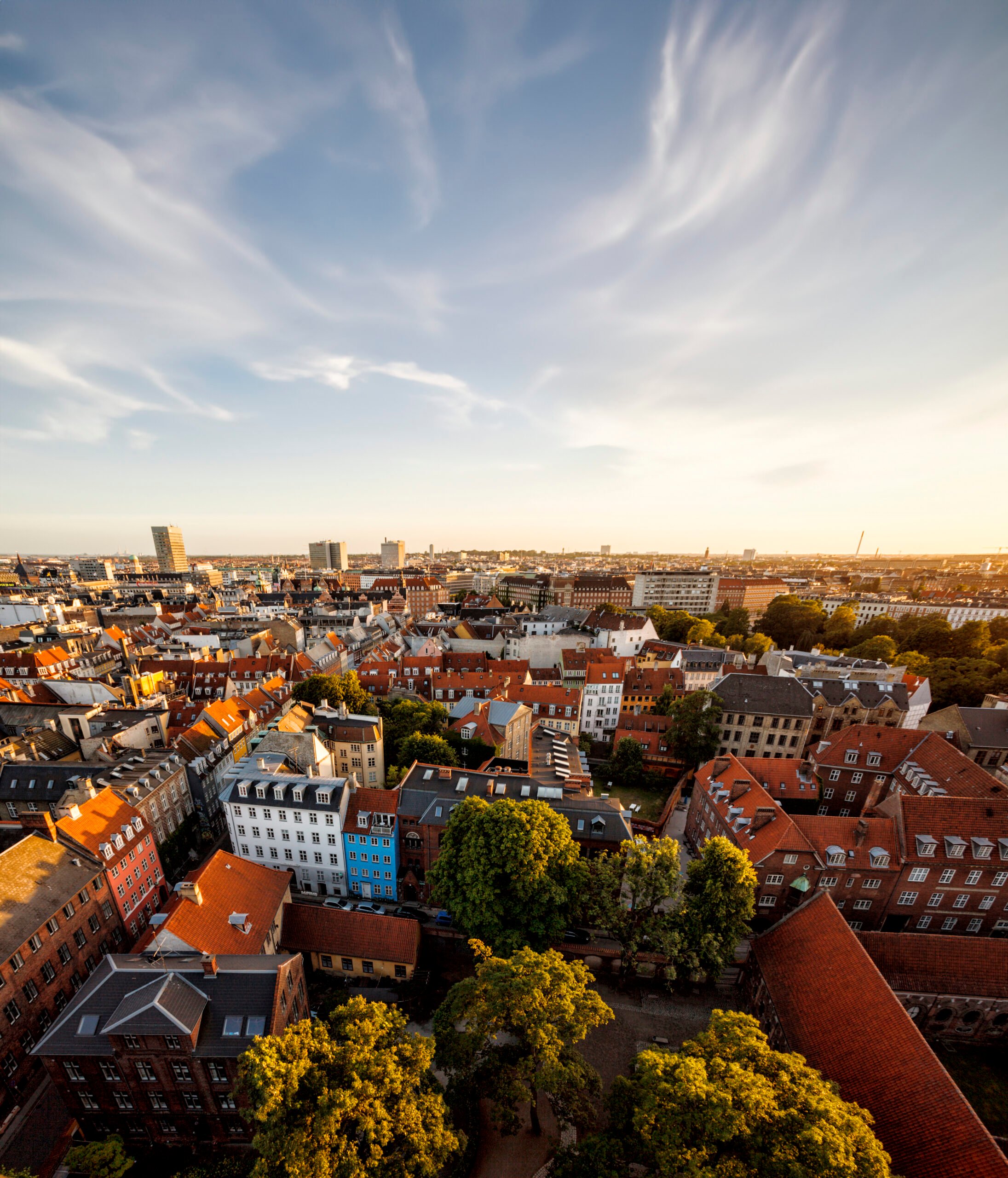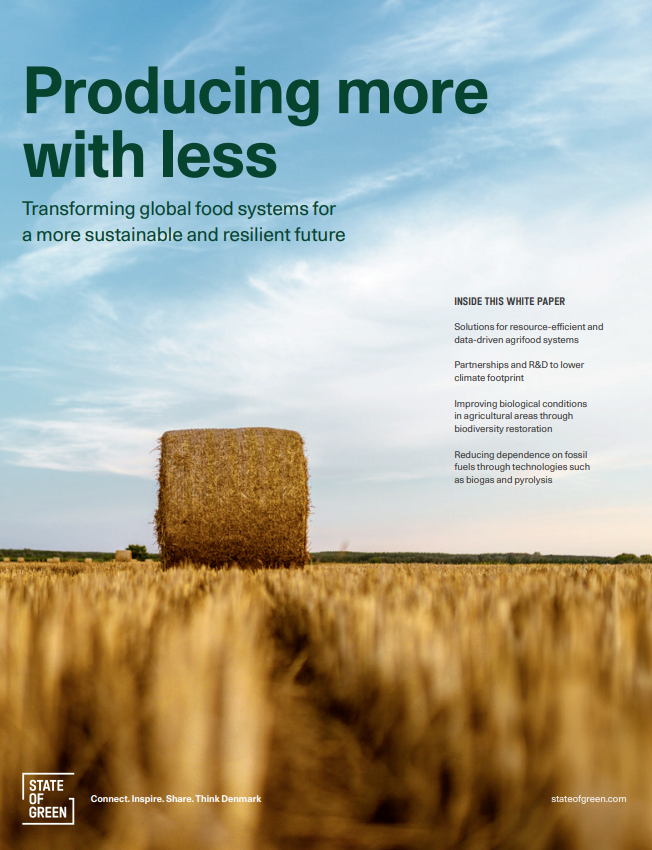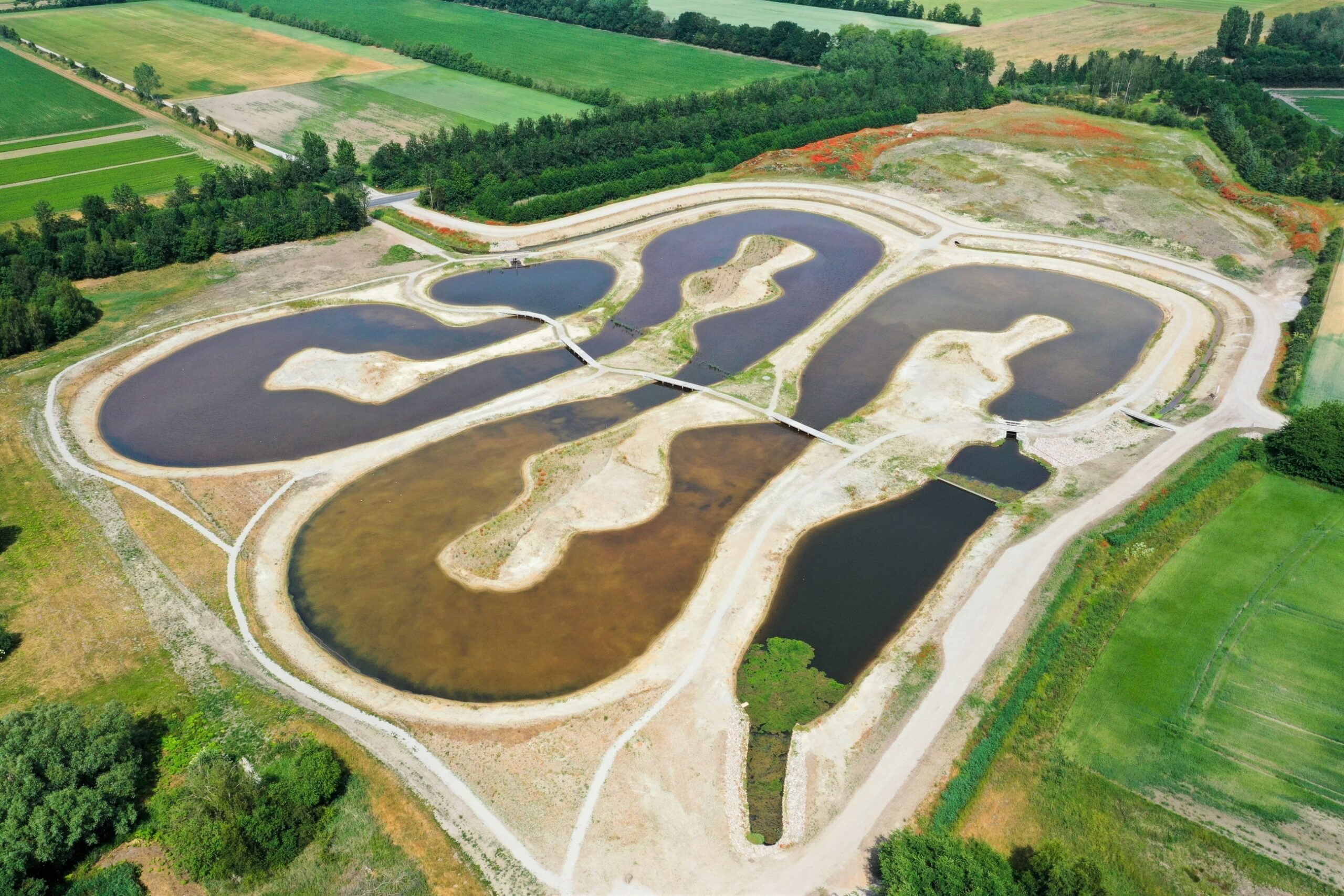News
Air pollution
Buildings
Circular building design
+20
Resilient & Livable Cities in Latin America


What do 'smart cities' look like in Latin America? Words like safe, inclusive, accessible, healthy and resilient are the first to pop up in conversation with anyone from taxi drivers to urban planners.
The latest publication by Quercus Group takes a closer look at what drives the urban development agendas in two of Latin America's most innovative, competitive and smart cities - Buenos Aires and Santiago de Chile. Produced in collaboration with the Danish Trade Councils in Argentina and Chile, the report presents the major urban development plans, programs and projects and discusses the opportunities for Danish urban solutions to play a part herein.
[caption id="attachment_92699" align="alignright" width="450"]
In Santiago, air pollution is the number one challenge. Basically all other challenges feed into this, which means that the desire to provide a clean and safe environment for all drives the urban development agenda in Santiago. Transportation and housing in particular affect the climate in the Chilean capital, which is surrounded by the Andes mountains that trap air pollution like a lid on the city in the wintertime. 'Santiago Respira' (Santiago Breathes) is one of the major programs tackling the climate impact of e.g. the mobility and transportation system.
[caption id="attachment_92701" align="alignright" width="450"]
Buenos Aires is working strategically with resilience as a driver for urban development. Every day, the population of the Argentine capital doubles, as people migrate to and from the city to work and study. What is more, the urban layout of Buenos Aires is generally one of segregation - commercial activities are concentrated in one part and study and leisure in others. Meanwhile, the vulnerable parts of the urban population are the hardest hit when facing drought or sudden and heavy rainfall. Resilience in this context means creating a city, where every 'barrio' (neighborhood) offers something for everyone, with room for everyone.
As one of the world's most urbanised regions, Latin America will continue to attract global attention as its major cities compete for innovative solutions, technology and talent.
For more information about Quercus Group and our work with Latin America, contact Niels Utoft Andersen, Project Development Manager ([email protected]).
You should consider reading
publications
Resource efficient production
+15















